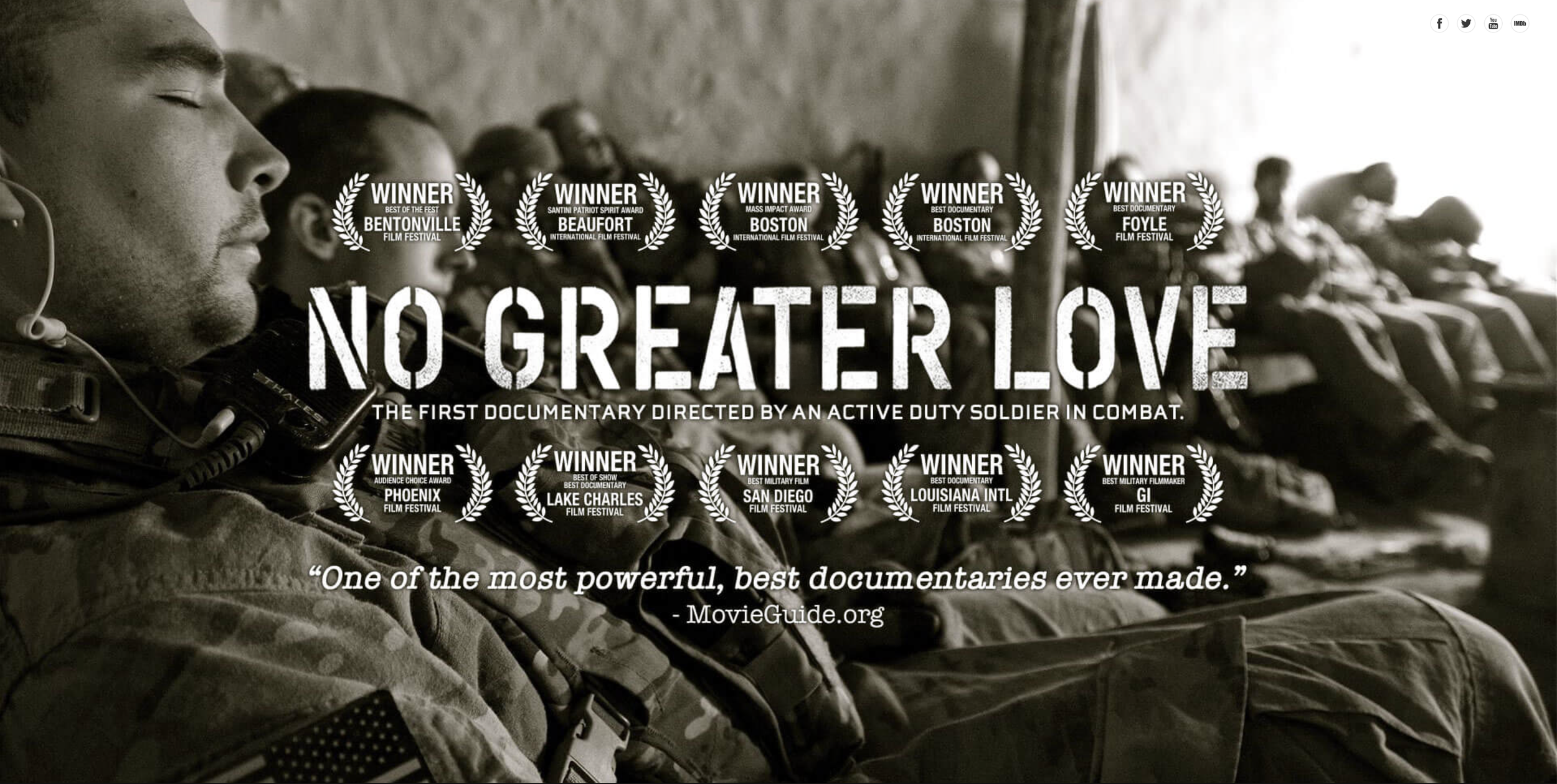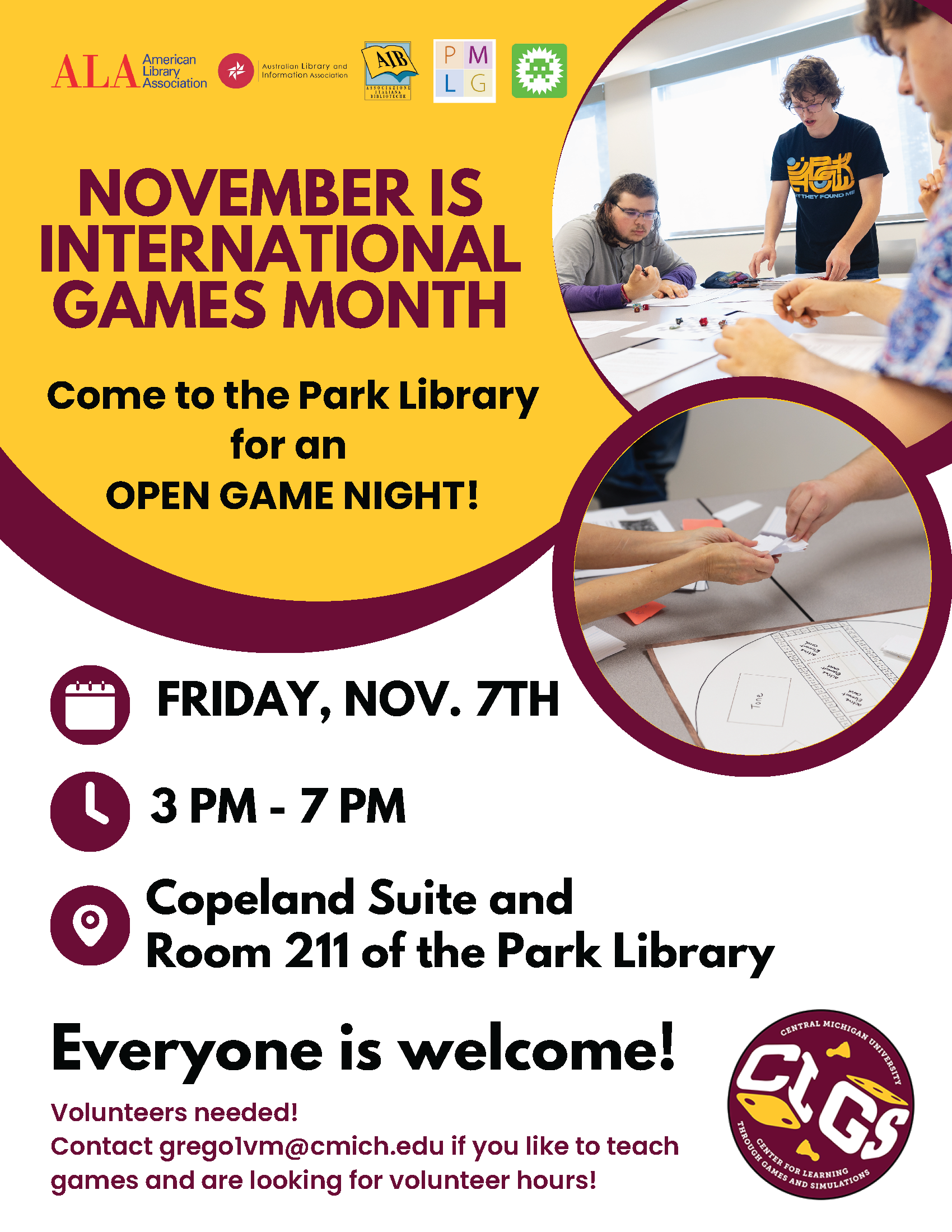What Is Fake News? Answers From a Professor and Journalist
/The following are my answers to a Michigan high school student who sent me a series of questions as part of a project on fake news. Eleven states in the past five years have passed laws mandating media literacy in secondary education. The premise of these laws, which Michigan has yet to debate, is that an informed electorate must be able to consume reliable news and information in order to make rational decisions about their states and communities. The most recent development in this trend is not just examining media in general, such as movies and popular music, but news in particular. This has given rise to discussions about news literacy, a growing field in academia that seeks to develop curriculum at both the secondary and higher education levels aimed at equipping our future generations with the skills necessary to thrive in a chaotic information ecosystem.
What is fake news?
Fake news is journalism that those in positions of power and authority disagree with. We now talk in terms of fake news, false news and mistaken news. Fake news, as used by President Trump and others, is an attack on established media for reporting things that they believe make them look bad. False news is information written and produced to look like traditional news reports but is actually designed to persuade or deceive. The U.S. Senate released a report recently on the Russian-backed Internet Research Agency, which created hundreds of social media accounts and created tens of thousands of false posts in order to divide and mislead the American public. Mistaken news is simply that, mistakes. News organizations sometimes make mistakes. These are sometimes pounced on as evidence that all media is “fake.”
How has the manipulation of mass information been untrue in the past, before the word “fake news”?
There have been many episodes in the past where information has been twisted or outright fabricated. Our second president John Adams was noted for his hostile attitude (and actions) toward the opposition press. Though he did not use the term “fake news,” he regularly criticized the partisan press for distorting facts. And they often did.
What has been your personal experience with “fake news” as a journalist? How were you able see it affect your profession?
When I was a daily working journalist, the phrase was not commonly used. But, myself and the outlets for which I worked were often criticized for being wrong, twisting the truth, being partisan, and so on. This comes with the business. Truth tellers are rarely welcomed, but most people understand they are essential. Even countries where democracy has not yet taken root understand that truth – defined in the journalistic context as verifiable fact that presents a situation or issue fairly and accurately – is the foundation of a civil society.
How is the idea of fake news affecting the media?”
There was an initial effect on mainstream media when President Trump became the Republican nominee and a major part of his campaign message was pointing a finger at the mainstream press and calling journalists “fake news.” The media, too often in my view, tried to fight back by saying, “We are not fake news and you are destroying democracy by saying so.” Many politicians throughout the years have used the press as a target. Trump, in the age of social media, has been particularly good at it. But, overall, the media seems to have settled back into its more helpful mode of reporting what they find out and ignoring many of the critics.
How do journalists battle “fake news”?
Journalists, in my view, can best fight the concept of fake, or false, news by staying true to what we have always done, follow the core ethics of our profession, as stated by the Society of Professional Journalists Code of Ethics: Seek truth; Be Accountable; Minimize Harm, and Act Independently. Those values, I am confident, will outlast any enemies of the truth.
Do journalists in this time have it harder than before?
Well, not harder per se, but more precarious. The Digital Age, especially and including social media, has shattered the traditional business model. Doing journalism is no more difficult than before, but there is less profit in it. That means fewer jobs in traditional news but far more jobs in more generic media. That is a problem society needs to address.
What does it take for someone to be a journalist in this time?
We are living in a period of generalization, by which I mean journalists not only need to be competent in the traditional disciplines of writing and gathering information but also in visual and digital skills. This is different from when I was in college, when you crafted yourself as either a reporter, editor or photographer. This means a university education is all the more important.
How does the idea of fake news affect the audience?
This is the essential question. Social media is not going away, though I suspect it will change over time. Skills once left to editors and producers now must be used by the audience. These include critically analyzing sources, understanding how things work and how previous information fits into new information. It is vital the audience understand the difference between trusted journalism and something designed to look like trusted journalism. If society is to govern itself through elected leaders, information used to make decisions about those leaders must be fair, accurate and true. This only comes from journalism.
How do you think we should try to see the media in the future?
This is a difficult question. The media is there to inform, enlighten and entertain us. How we use that source is up to each of us. If we fail to put in the effort to educate ourselves or lack the will to exercise our minds, we will be trapped in the information silos we build for ourselves. We will never experience the thrill of discovery or the challenge of a new idea that shatters our preconceptions. We must be the master of our information, not the other way around. Russian troll factories only have influence if we fail to think. We must think.
Ed Simpson is an associate professor of digital journalism and public affairs at CMU. He spent 19 years in the news business and earned his doctorate in journalism from Ohio University. He is the author of Rise of the Audience: News, Public Affairs and the Public Sphere in a Digital Nation, which explores what happens in communities when daily journalism retreats.











